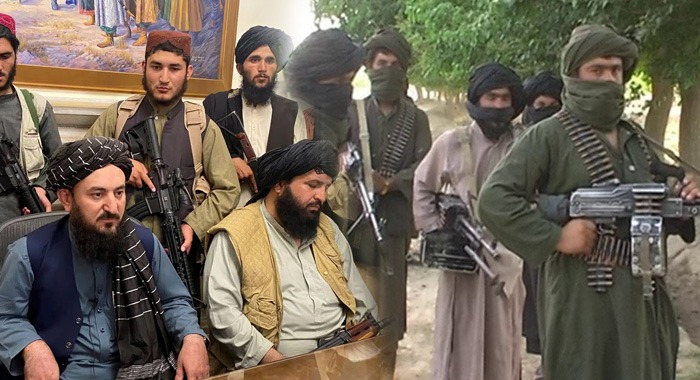When the Taliban swept into Kabul in August 2021, Pakistani leaders across the political spectrum reacted with rare unity and enthusiasm. Then-Prime Minister Imran Khan celebrated the fall of a “Delhi-leaning” Afghan government, while ministers predicted a new regional order, one where Pakistan would finally hold the cards.
But four years later, those celebrations have given way to anxiety, violence, and policy paralysis. Rather than cementing Pakistan’s security, the Taliban’s victory has supercharged militant insurgencies across Khyber Pakhtunkhwa (KP) and Balochistan, as well as emboldened the banned TTP, which now claims attacks across multiple provinces.
The irony is stark: the very ideological and religious brotherhood that once bound Pakistan’s security planners and Taliban factions has now become the biggest obstacle to peace.
“Taliban see the TTP not as terrorists, but as brothers,” says a terrorism researcher in Lahore. “Expecting them to crack down on these groups was wishful thinking from day one.”
This bond goes beyond battlefield camaraderie. Taliban leaders, many of whom once lived in Pakistan’s tribal areas as refugees or fighters, see the TTP as loyal allies who sheltered and supported them during the US occupation. Now in power, the Taliban have resisted calls from Islamabad to evict or disarm the group.
The consequences have been deadly. Repeated peace talks with the TTP, mediated by the Taliban, collapsed in 2022, triggering a renewed wave of violence that has since escalated. Pakistani military operations — including recent airstrikes in eastern Afghanistan; have failed to uproot militant strongholds. Instead, a new alliance of jihadist groups, calling itself Ittehad-ul-Mujahideen Pakistan, has emerged, targeting security forces with increasing sophistication.
Meanwhile, public support for military action is eroding. In KP, where tribal elders once rallied behind counter-terror operations like Zarb-e-Azb, there is now growing resistance. Local jirgas have called for dialogue, not displacement, fearing that fresh offensives will repeat the trauma of past campaigns. Political consensus has crumbled; with major parties like PTI, JUI-F and ANP opposing further military action without guarantees of civilian protection.
Pakistan’s options are narrowing. With economic resources stretched thin, public trust eroding, and Taliban cooperation elusive, Islamabad is left walking a tightrope; balancing diplomacy, cross-border pressure, and intermittent force.
Officials have begun tightening trade routes, expelling undocumented Afghans, and restricting visa access — efforts that signal growing frustration with Kabul’s intransigence. Yet, many experts warn these tactics alone will not be enough.
“Security policy can’t rely on emotional debts or shared ideology,” warns Abdul Basit, a Singapore-based analyst. “Pakistan must accept that the Taliban is pursuing its own interests — not ours.”
For now, the costs of miscalculation continue to mount. And while the Taliban may have weakened IS-KP within Afghanistan, Pakistan’s internal insurgents are gaining strength, exploiting every inch of the permissive environment next door.
The brotherhood that once offered hope now feels like a trap; one forged by history, sustained by ideology, and tested by blood.





